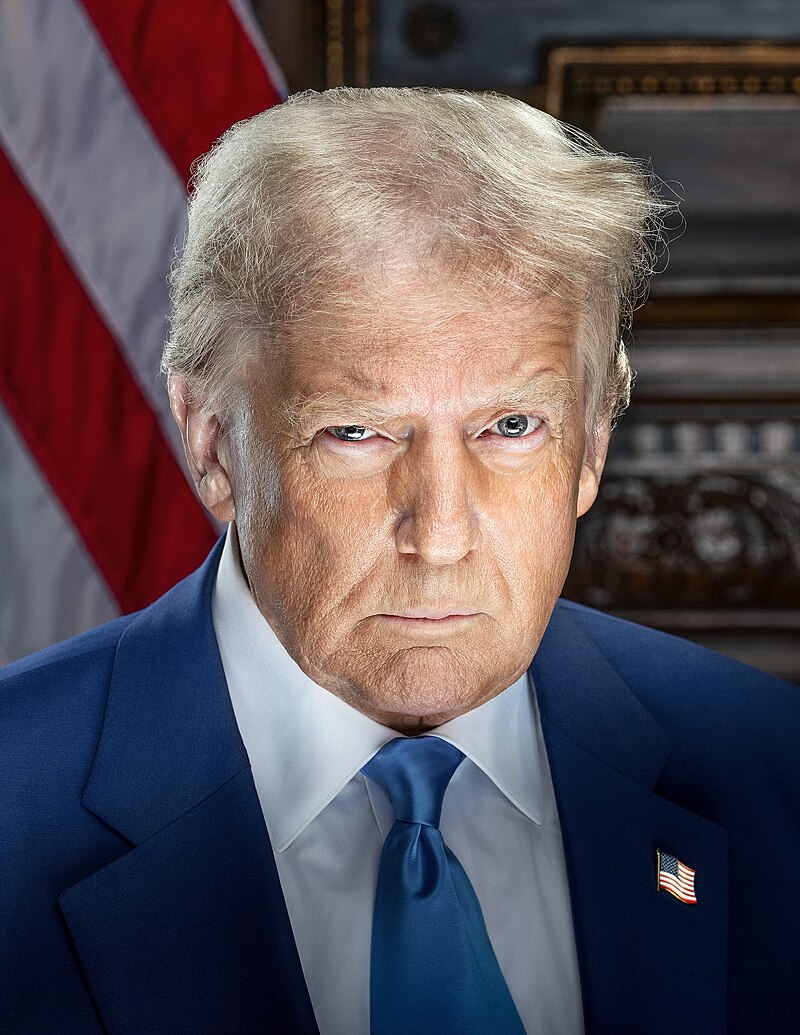Diplomatic tensions between Canada and the United States have flared after President Donald Trump repeatedly referred to Canada as America’s “51st state” while enforcing harsh tariffs on Canadian imports. The remarks, coupled with the administration’s aggressive trade policies, have drawn strong rebuke from Canadian officials and ignited widespread public outrage.
Canadian Government Condemns Remarks
Canadian Prime Minister Justin Trudeau called the comments “disrespectful and unacceptable,” emphasizing that Canada is a sovereign nation with its own economic and political identity. “Canada has always stood on its own, and no amount of rhetoric will change that,” Trudeau said, adding that his government is exploring all diplomatic avenues to de-escalate the situation.
Economic Implications of Tariffs
The tariffs imposed by the Trump administration target key Canadian exports, including steel, aluminum, and agricultural products. Analysts warn that these tariffs could destabilize industries on both sides of the border, disrupting supply chains and raising consumer prices.
Public Outrage and Political Response
Canadians have expressed anger on social media and through public demonstrations, calling for stronger retaliation and protection of national interests. Some Canadian lawmakers are urging Trudeau’s government to respond by imposing retaliatory tariffs on U.S. imports.
Political Posturing or Act of Economic Aggression?
Political analysts are divided on whether Trump’s actions signal an act of economic aggression or are merely a negotiating tactic aimed at securing better trade deals. While some see it as a calculated move to leverage economic power, others warn that such rhetoric could irreversibly damage the historically strong relationship between the two nations.
What’s Next?
As diplomatic tensions mount, all eyes are on how Canada and the U.S. will navigate this fragile situation. Whether this is a temporary flashpoint or the beginning of prolonged trade hostilities remains to be seen.



0 Comments